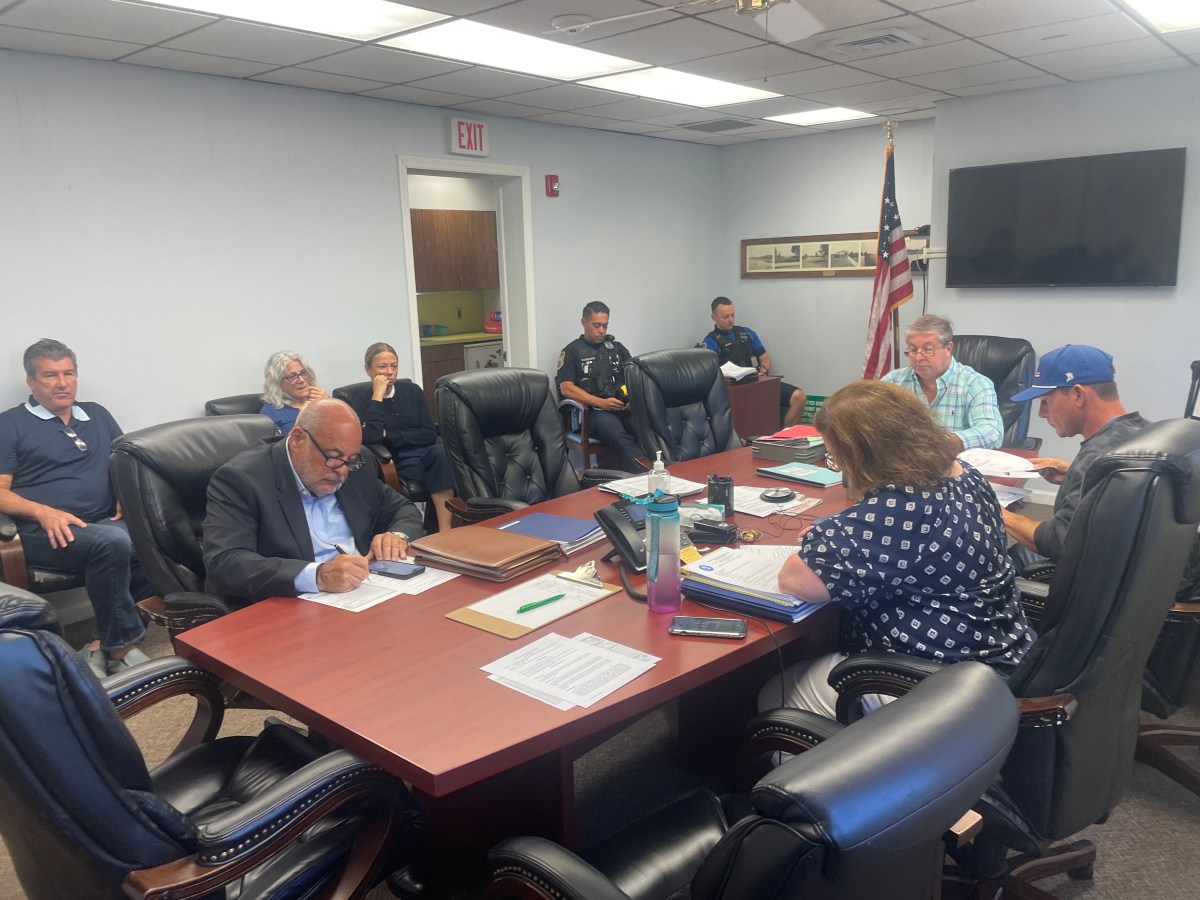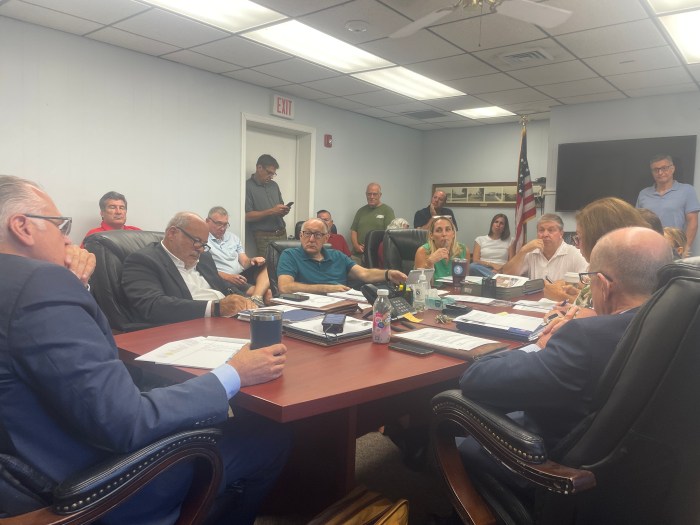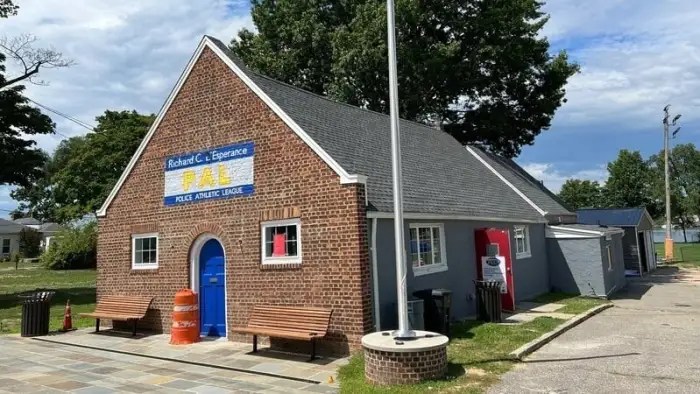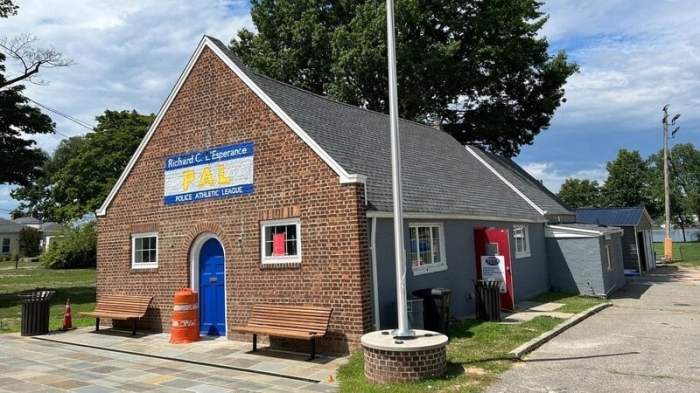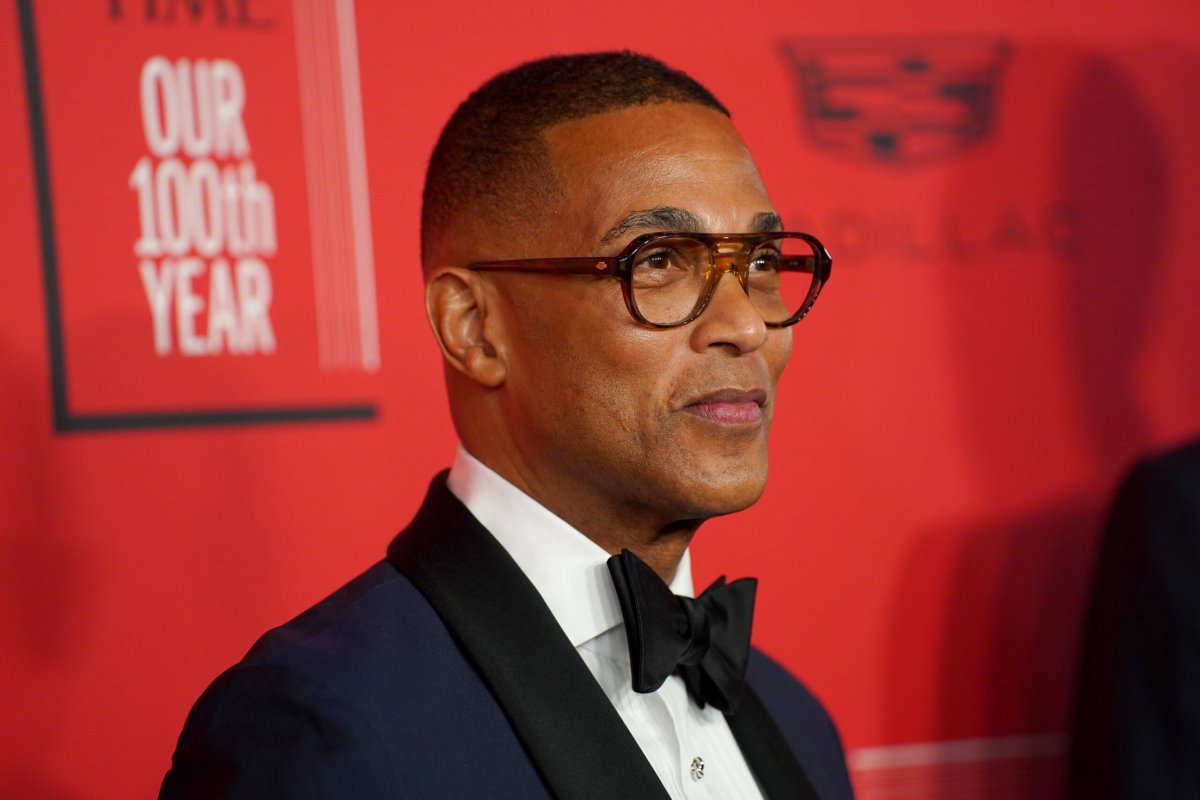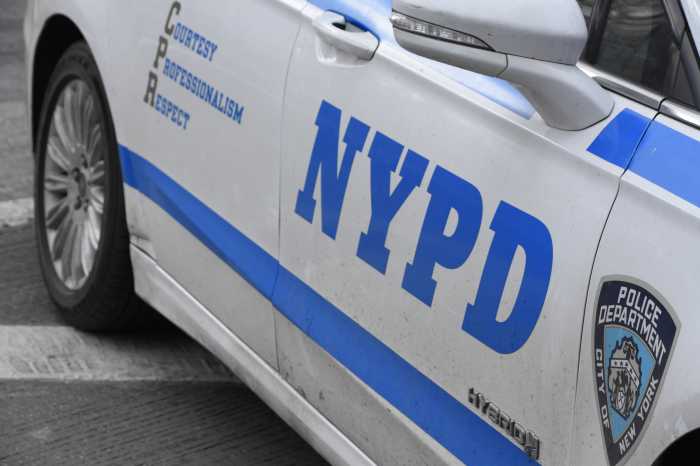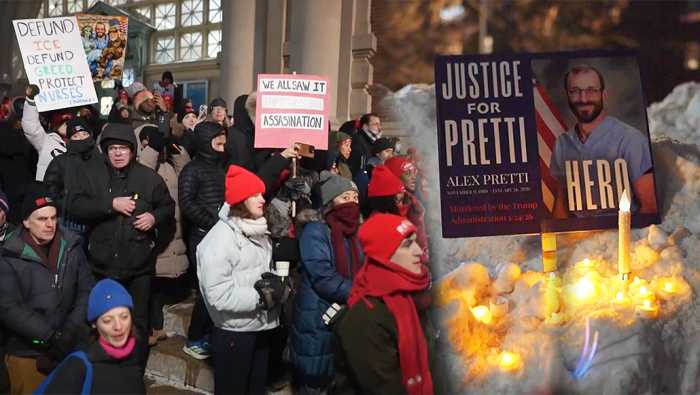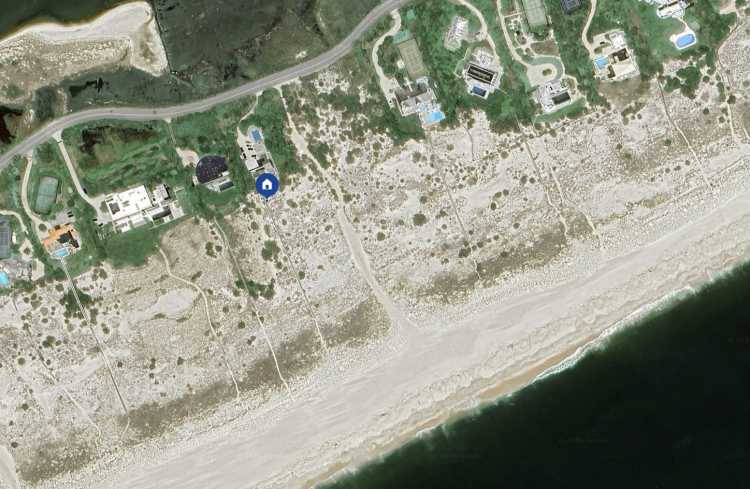Accusations of financial secrecy and conflict of interest dominated the Aug. 26 Port Washington Water Pollution Control District meeting, where Commissioner Brandon Kurz sparred with residents and fellow board members over Sunset Park.
Kurz launched a community petition opposing any future transfer of Sunset Park to the Town of North Hempstead, despite officials saying no active sale is currently underway. The move has since reignited public debate over transparency, youth sports access, and long-term protections for the park.
The debate over the Police Athletic League and the future of Sunset Park has been simmering for more than two years, complicated by lawsuits, competing claims about program participation, and disagreements over whether the district should transfer the park to the Town of North Hempstead to label it as parkland, which only the town can do.
Resident Stephen Sombratto accused Kurz of failing to comply with district resolutions requiring transparency about revenues collected through PAL, a youth sports nonprofit that operates programs on Sunset Park, district-owned land.

He argued that PAL’s reported revenues do not match participation claims, raising questions about whether money is being properly accounted for.
“An active, paid elected commissioner of this district entrusted with the stewardship of taxpayer-owned land is openly telling this board that he will not disclose the revenues he is collecting,” Sombrotto said during public comment. “If you allow a commissioner to say, ‘We don’t have to show you our books,’ and face no consequences, you will have surrendered the public’s right to transparency and accountability.”
Sombratto presented financial records showing PAL’s annual revenues fluctuating between $127,000 and $219,000 from 2019 through 2022, before dropping sharply to just $49,317 in 2024. That same year, PAL reported a deficit of more than $73,000.
Kurz, who has defended PAL’s operations, has said the league serves about 1,500 children in Port Washington.
By Sombratto’s calculations, he said based on a $265 per child registration fee, PAL should have generated closer to $397,000 in 2024 — a contrast with the group’s federal filings. He alleged that under the district’s agreement, PAL owes 25% of its revenue back to the district, meaning taxpayers may have been shortchanged.
Kurz pushed back, calling Sombratto’s claims misleading. He said PAL’s finances were open to review but did not provide specifics at the meeting.
“You did a lot of assuming,” Kurz told Sombratto. “That’s not the way it works on every single program, and you know that.”
Sombratto urged commissioners to immediately revoke the agreement, compel a full disclosure of revenues, and issue a new request for proposals to allow another nonprofit youth sports group to take over.
Chairperson Arduino “Eddy” Marinelli confirmed that a resolution to prepare a request for proposal was passed at the Aug. 12 meeting, but no start date has been decided on.
Marinelli said the commissioners were proceeding cautiously with legal counsel. Kurz indicated that other license holders, such as the Port Washington Youth Association, could also eventually be subject to an open bidding process. That possibility drew sharp reactions from the public, with supporters of longstanding community organizations warning against destabilizing local programs.
“I think RFPs should be a level playing field,” Steven Leventhal, the district’s attorney said. “It doesn’t exclude PAL, and it doesn’t exclude PYA. It’s open to all who want to submit a proposal.”
“We need commissioners that are going to really support PYA and PAL,” said Kurz.
Leventhal said “we need commissioners who are going to support the district.”
The board also discussed their tentative 2026 budget during the meeting.
District officials said the tentative 2026 budget proposes a tax levy of $8,549,168, representing a 2.8 percent increase — about $229,000 more than last year. Importantly, the levy remains just under the state-imposed tax cap of $8,550,610.
The spending plan avoids major new capital purchases, such as trucks, that drove higher costs in prior years. It also reflects no new debt for 2026. However, the board agreed to expand its contingency fund from $50,000 to $300,000 to prepare for emergency sewer line breaks, which in recent years have cost the district hundreds of thousands of dollars.
The district will revisit the budget next week as updated figures become available, with a public hearing scheduled for Sept. 4 at 6:30 p.m.




